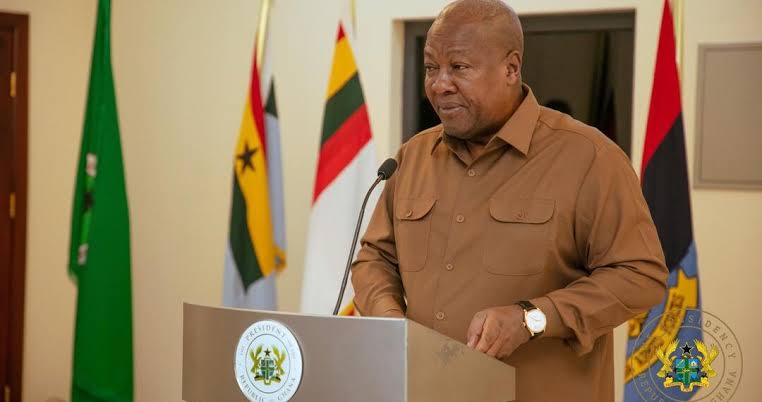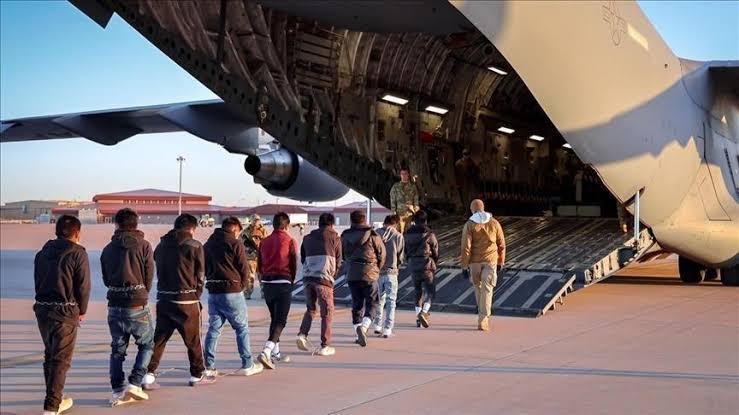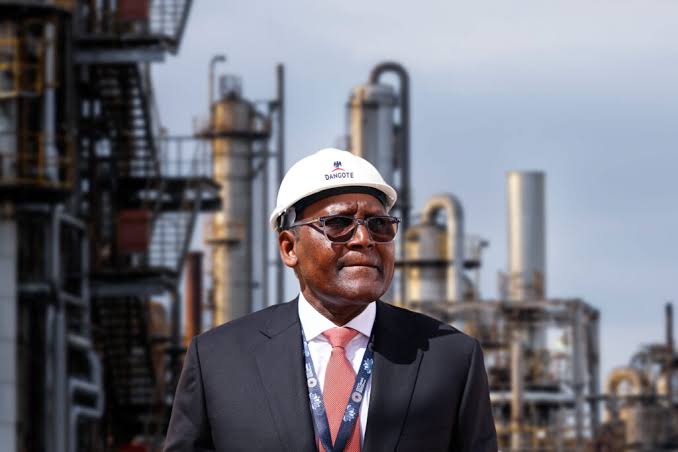
Faith Nyasuguta
Nigerian billionaire and Africa’s richest man, Aliko Dangote, has sounded the alarm over a flood of cheap Russian petroleum products entering African markets, warning it could cripple the continent’s efforts to build a strong, self-reliant oil refining industry.
Speaking at an oil and gas conference in Abuja this week, Dangote explained that Western sanctions on Russian oil exports have pushed Moscow to sell its petroleum products at deep discounts in Africa. While this might look like a bargain for buyers struggling with high fuel prices, Dangote says it’s a dangerous trap.
“We are increasingly facing the dumping of cheap, often toxic petroleum products on our shores,” he told delegates. He warned that many of these imports would never be allowed in Europe or North America due to stricter environmental and quality standards. Dangote called on African governments to urgently introduce tougher regulations, fuel quality standards, and environmental protections to stop the continent from becoming a dumping ground for substandard fuel.
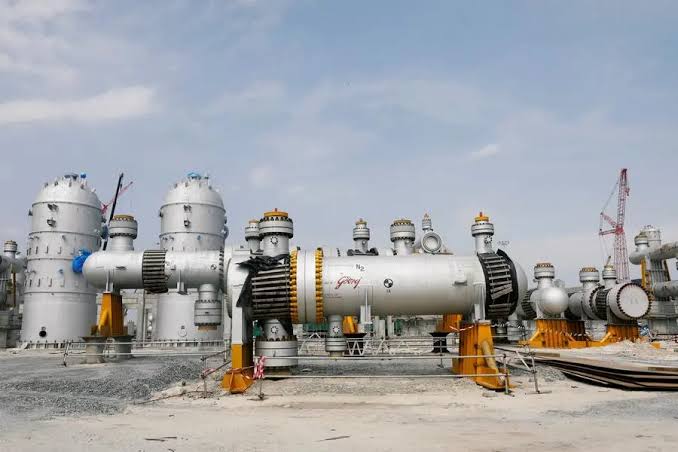
Last year, Dangote launched Africa’s largest oil refinery just outside Lagos – a $20 billion mega-project with an initial refining capacity of 650,000 barrels per day, now set to be expanded to 700,000 barrels per day. The refinery, which has already exported one million tonnes of petrol since June, is a symbol of Africa’s ambition to process more of its own crude oil instead of relying heavily on imports of refined fuel.
Yet despite Africa producing around seven million barrels of crude oil daily, only about 40% of what the continent consumes is refined locally. Cheap imports, limited refining capacity, and weak policies continue to hinder efforts to keep more of the value chain within Africa.
Dangote also took aim at the Lome floating oil market, just off Togo’s coast, where international traders store over two million barrels of petroleum products on ships. He called the offshore hub a “major threat” to Africa’s local refineries because it makes it easy for traders to sell discounted fuel in weakly regulated markets.
Data shows Africa is still a relatively small buyer of Russian petroleum products compared to countries like Turkey or Brazil. In June this year, Russian diesel and gasoil exports to African countries actually fell by 30% from the previous month to around 0.7 million tonnes. But Dangote argues that even at lower volumes, cheap Russian fuel can undercut local production and deter new investments in refining projects.
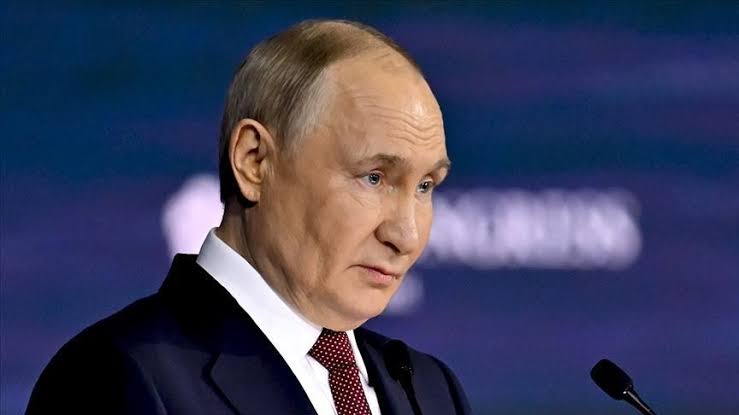
Industry analysts agree that without coordinated action, Africa’s vision of building more local refining capacity could stall. Some experts have warned that substandard fuel not only damages vehicles and machinery but also increases pollution and health risks.
Dangote urged African leaders to follow the example of Europe and North America by enforcing strict fuel standards, introducing tariffs to protect local producers, and cracking down on toxic fuel dumping. “If we do not act, our refineries will close, investments will stop, and we will continue to depend on outsiders for our energy security,” he warned.
The billionaire’s Lagos refinery was built to change exactly that. But to succeed, he says, it must be protected from unfair competition. For many African countries trying to balance cheap energy with long-term economic growth, Dangote’s warning is a clear signal: safeguarding the continent’s refining future will require tough decisions and stronger regulation.
RELATED:






